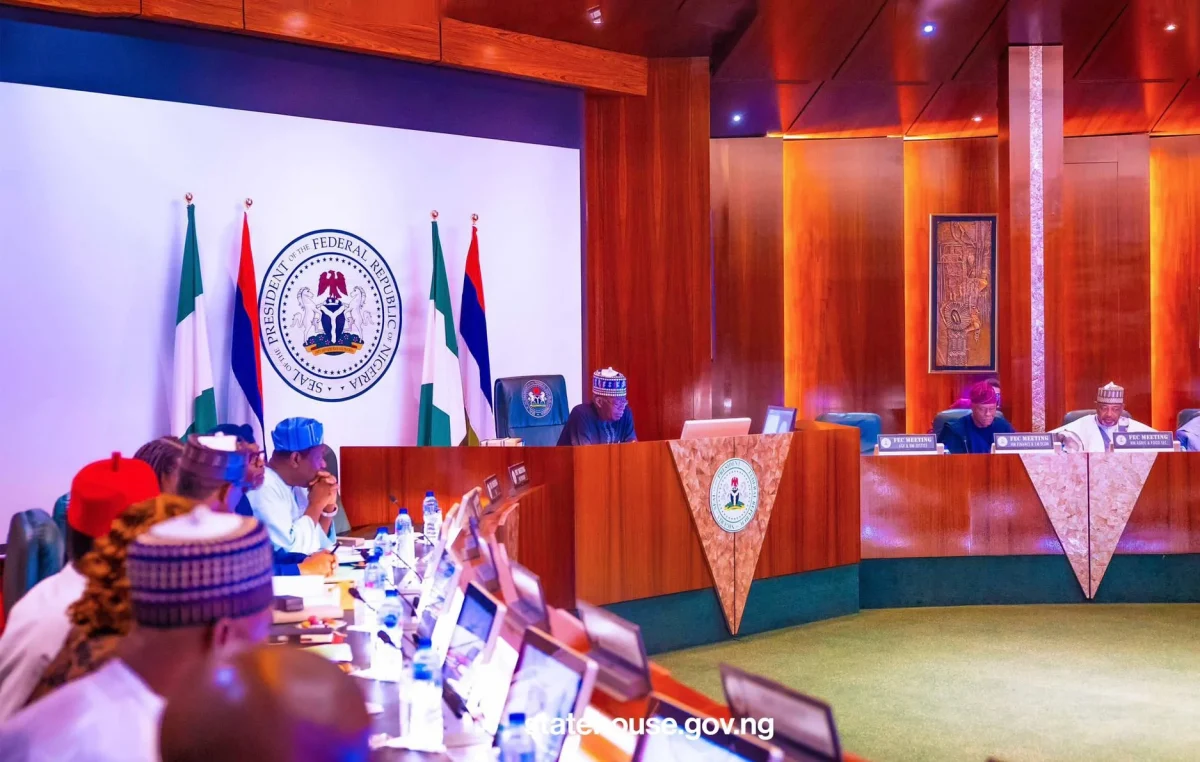President Bola Tinubu chaired a cabinet meeting on Wednesday, where a decision was made to impose a seven-year moratorium on the creation of new federal tertiary institutions nationwide. This suspension applies to universities, polytechnics, and colleges of education.
Education Minister Tunji Alausa clarified the rationale behind the moratorium, emphasising that the primary issue in Nigeria’s education sector is no longer access to tertiary education but rather the overcrowding of institutions, which has resulted in a notable decline in both infrastructure and personnel.
“What we are witnessing today is duplication of new federal tertiary institutions, a significant reduction in the current capacity of each institution, and degradation of both physical infrastructure and manpower.
“If we do not act decisively, it will lead to marked declines in educational quality and undermine the international respect that Nigerian graduates command.” He said.
Alausa detailed the scope of Nigeria’s tertiary education landscape, pointing out the considerable number of institutions in existence. He said that the country has 72 federal universities, 108 state universities, and 159 private universities, highlighting similar surges in polytechnics and colleges of education.
The minister also referred to related institutions such as monotechnics, colleges focused on agriculture, health sciences, nursing, and innovation and enterprise entities. He noted that these figures illustrate an excess of institutions that do not align with the demand or available resources.
The moratorium on the creation of new federal tertiary institutions is, according to him, a crucial measure aimed at rectifying these inefficiencies.

“This is simply not sustainable,” Alausa said, stressing that many federal universities operated at suboptimal capacity while unnecessarily stretching government funding.
He stated the government’s intention to reallocate resources to enhance the existing institutions, focusing on upgrading both physical facilities and staffing, as well as increasing the capacities of current universities, polytechnics, and colleges of education.
He also noted that the council approved the establishment of nine new private universities, emphasising that these applications have been pending and are part of a backlog with the National University Commission (NUC).
Alausa underscored the importance of the moratorium as a practical approach to ensuring the quality and sustainability of Nigeria’s educational standards.


 Trending
Trending 
